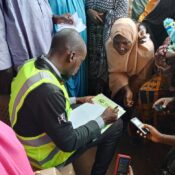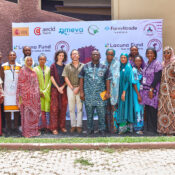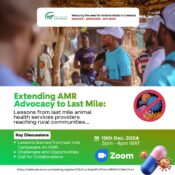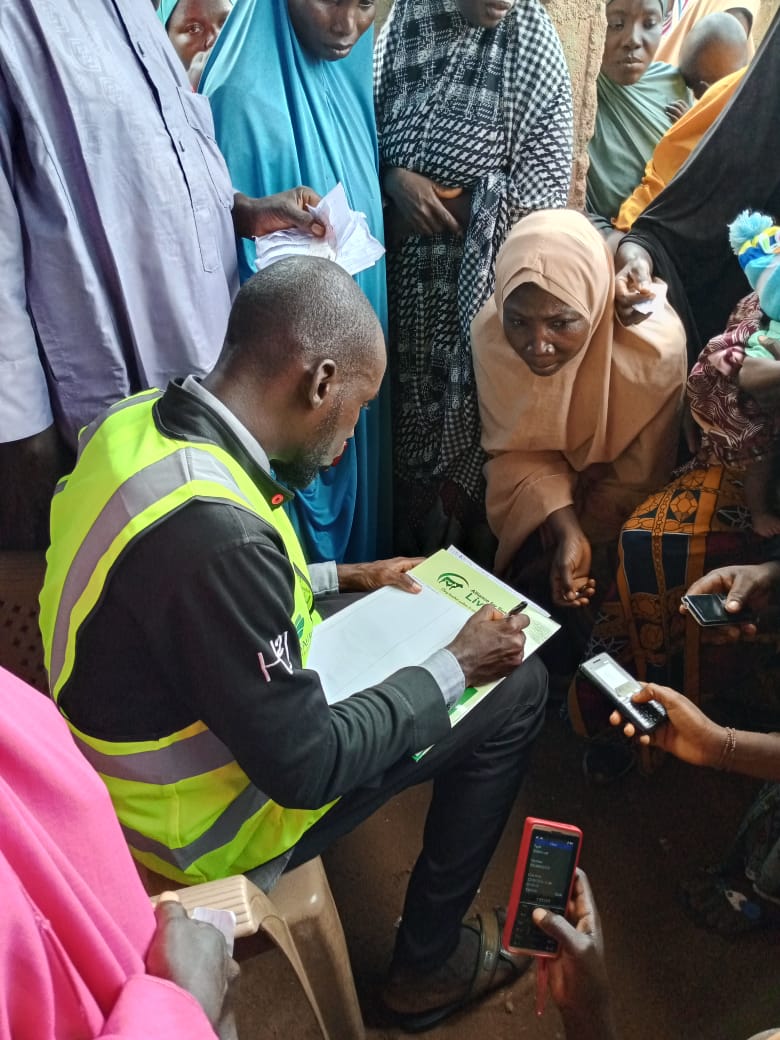
Why Livestock Policy Matters Now More Than Ever
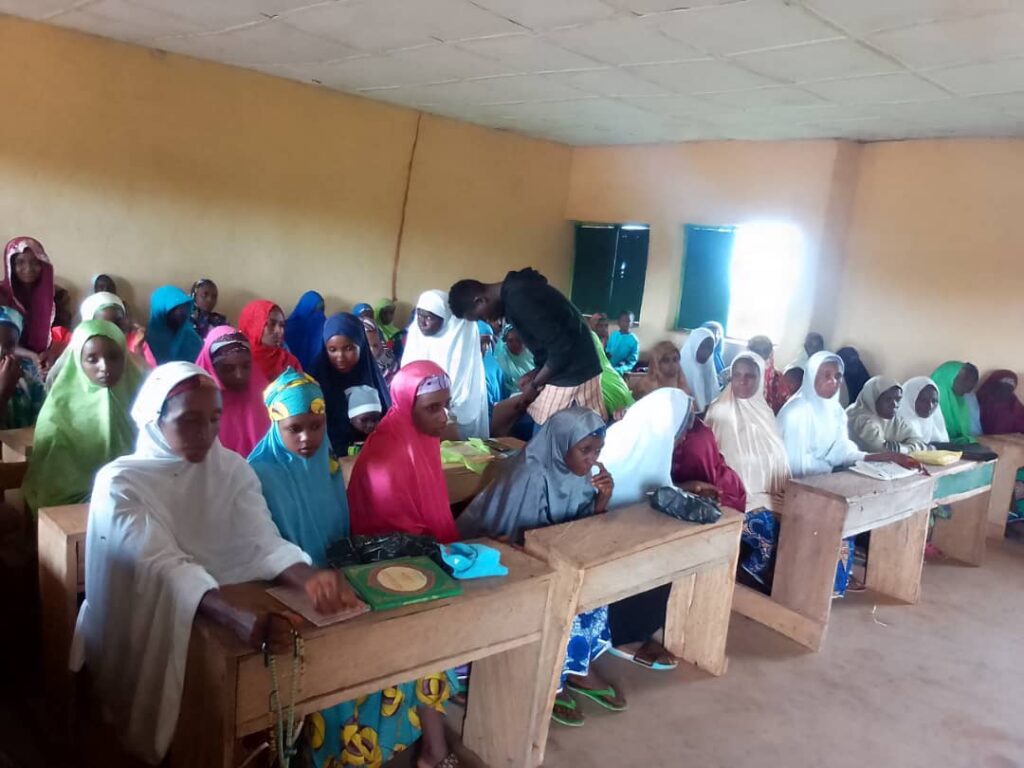
At the recent UN Food Systems Summit, Nigeria took a bold step by unveiling a 10-year youth-led Agricultural Renewal Plan, a commitment to reimagine agriculture as a path to prosperity and food security. This is a promising direction, especially in a country where over 60% of the population of youth are unemployed, and agriculture remains one of the few sectors with untapped potential for mass employment. Several programs have commenced to drive a more youth inclusive agricultural landscape in Nigeria. Nigeria has collaborated with CGAIR and IITA the Youth in Agribusiness initiative which is targeting 10,000 youth most especially women.
But here is the thing, no true agricultural renewal can happen without a clear and deliberate policy focus on livestock systems especially in rural communities where Women and Youths make up the majority of smallholder farmers.
Empowering youth and Women
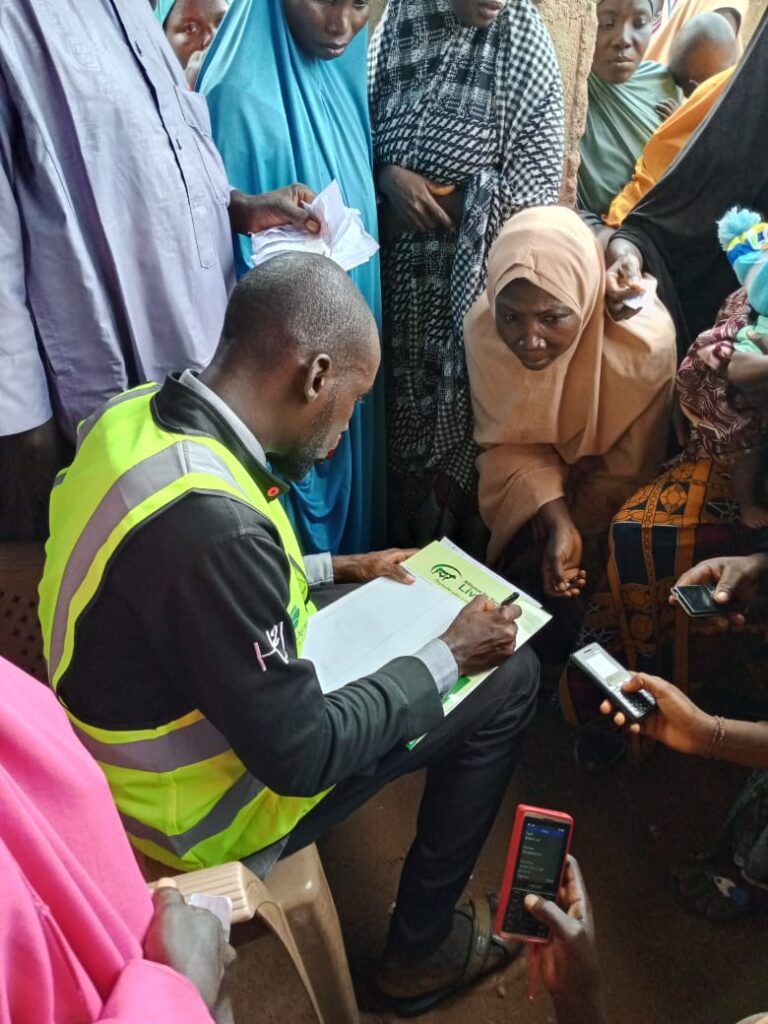
60% of the population of youth are unemployed, and agriculture remains one of the few sectors with untapped potential for mass employment.
Through our work at the Alliance for Sustainable Livestock (ASL), we have seen firsthand how vulnerable livestock systems are to climate change and how deeply unsupported smallholder farmers are when it comes to adapting to these changes. The women we work with are mostly Smallholder poultry farmers, goat herders that are incredibly resourceful. But without access to climate finance or policy-backed support, their ability to scale or even survive is limited.
This glaring gap persists; livestock systems are often excluded from national climate finance and agricultural policies, despite their central role in food production, household income, and community nutrition. This isn’t just a policy oversight, it’s a structural barrier.
This has a ripple effect ,rural youth face high costs and low yield due to heat stress and poor nutrition. In poultry, disease outbreaks increase during extreme weather conditions, wiping out entire flocks overnight. Among goat and sheep farmers, especially women, drought and feed scarcity shrink their only source of income.
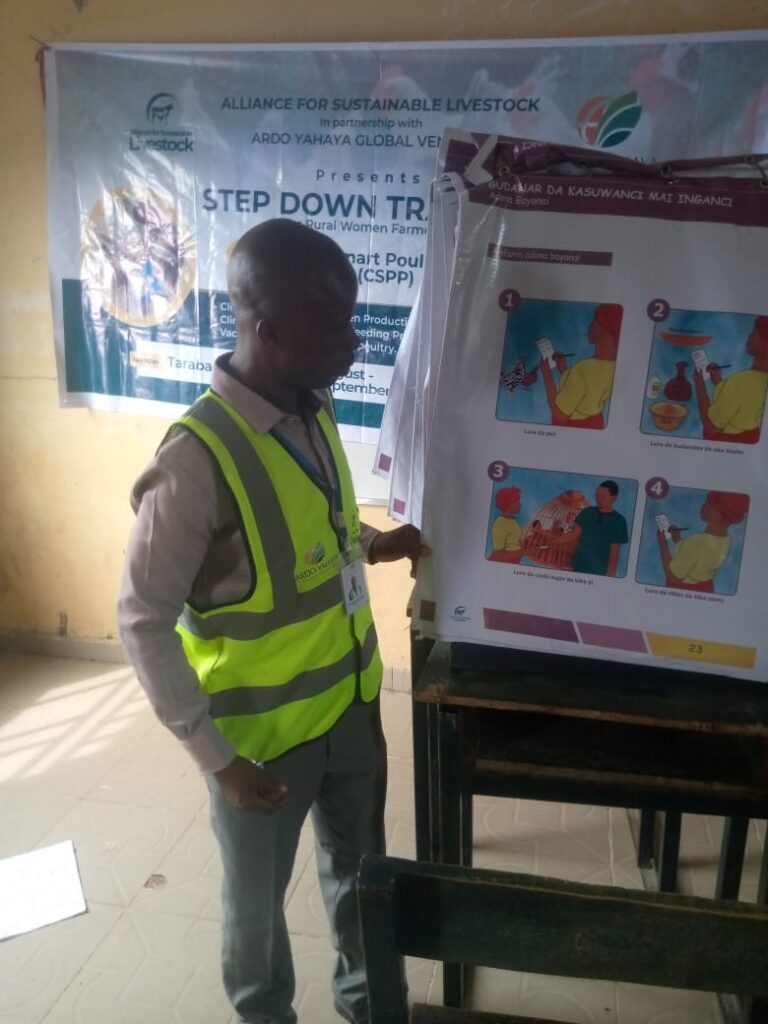
At Alliance for sustainable , we are actively addressing these challenges, helping women adopt climate-resilient poultry practices, build local feed solutions, improve animal care, and tap into informal savings networks to grow their farms sustainably.
At ASL, we are actively addressing these challenges, helping women adopt climate-resilient poultry practices, build local feed solutions, improve animal care, and tap into informal savings networks to grow their farms sustainably. We’ve seen growth not just in flocks, but in confidence, income, and community stability.
But grassroots work alone cannot scale without policies that match the urgency on the ground.
We need livestock-inclusive climate finance policies that:
- Understand the realities of rural women and youth.
- Provide accessible tools, incentives, and training.
- Channel funding to the last mile.
- Treat livestock systems not as side projects, but as core to food systems resilience and national growth
Because when rural livestock farmers thrive, food systems stabilize. Families are fed. Economies grow and young people, especially women, find purpose, income, and dignity in agriculture.
It’s time to close the gap between policy ambition, implementation and field reality.
Read More
+2348130555674
alliance4livestock@gmail.com

